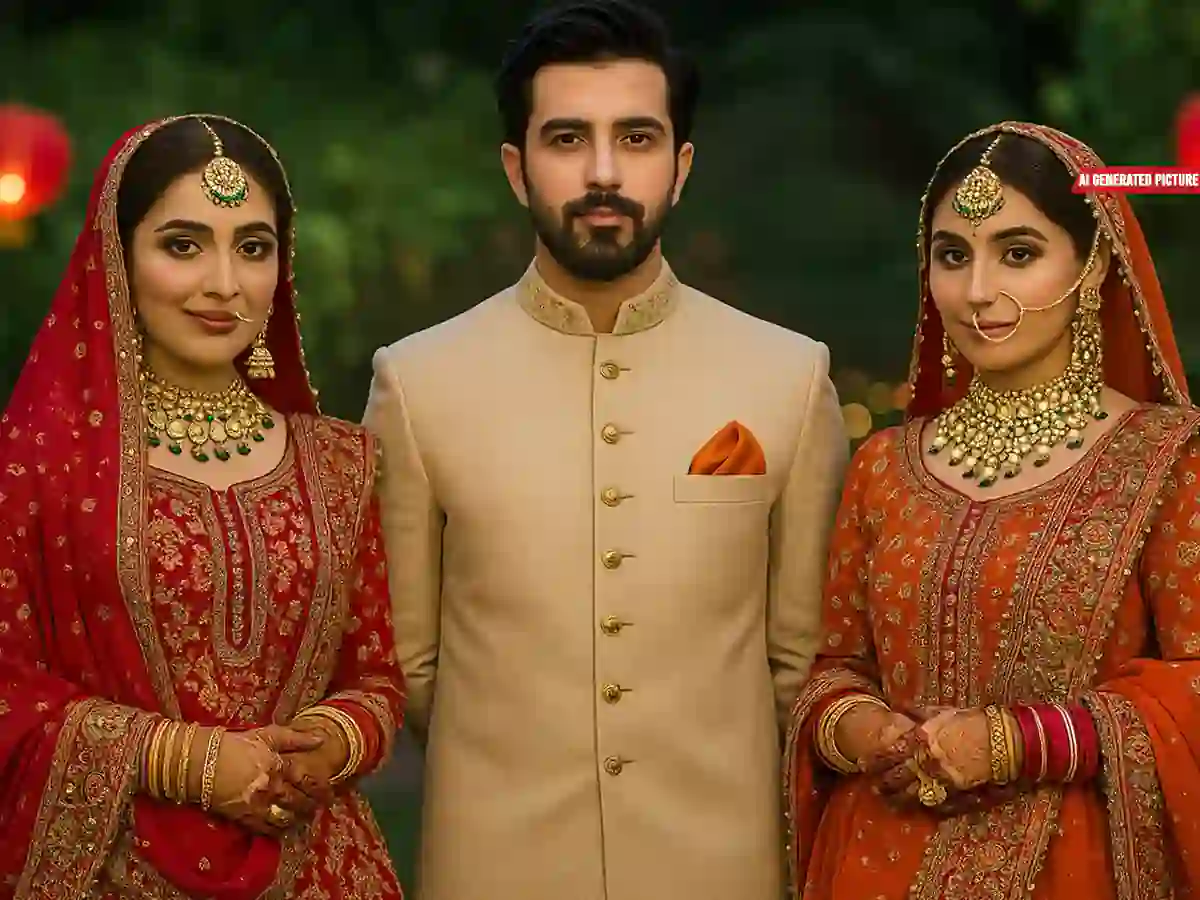Gallup Pakistan conducted a poll that revealed 40 percent of Pakistanis support the idea of second marriages, while 60 percent are against them.
According to the survey results, support for second marriages is generally conditional, with most respondents saying such unions should only occur if both families can be financially supported equally by one individual.
Follow the Times of Karachi channel on WhatsApp
Unsurprisingly, however, an overwhelming majority of respondents rejected the second marriage altogether and stated they would never permit second marriages under any circumstances, reflecting its continued emotional sensitivity in Pakistan.
This survey also demonstrated a clear gender divide on this issue; while 50 percent of men expressed support for a second marriage, only 30 percent of women shared that opinion, showing significant female opposition to it.
When asked to rate how fairness between two wives would affect them, a large majority – 72 percent of respondents – reported maintaining equality would be difficult or impossible; only 26 percent felt it could be achieved.
READ: AI reduces job opportunities in Pakistan’s IT industry
Men accounted for 69% of those who believed fairness to be impossible, suggesting that many male supporters of polygamy recognize its challenges when managing two marriages simultaneously.
This survey explored when and under what conditions second marriages should be permitted; 39% felt it was acceptable only if no children from their first union existed.
15 percent believe remarrying could be justified, provided both wives are treated fairly, while 10 percent insist it must only happen with the consent of both wives involved.
Visit Times of Karachi website for the latest news-related content daily
Results reveal Pakistan’s shifting attitudes toward polygamy, including religious permissibility vs modern notions of fairness, equality, and family stability.
Gallup Pakistan noted that their findings reflect both traditional views and evolving family dynamics, with younger respondents showing slightly more pragmatic approaches than older respondents.












